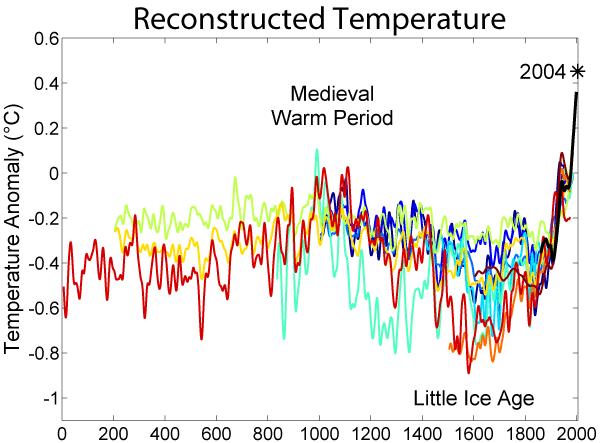Zynerji wrote: ↑05 Jul 2021, 14:02
I fear that "those reasons" are because actually SOLVING the problem is the last thing they want to do. Better to have an unsolvable problem that they can use long-term to whip emotions for funding and votes.
To be open, I downvoted your post, because now you are essentially slandering the entire worldwide scientific community with unsubstantiated accusation, and with that, you are personally attacking me and my colleagues. I did not downvote your other post (and have never used the word 'snark' in my life).
There is a lot wrong with academic funding, and with measuring academic impact by publications and citations. I will be the first to acknowledge that. However, I vehemently disagree with your accusation that the scientific community deliberately leaves problems unsolved for personal gain. I myself left industry and rejoined academia, in part because I want to be more on the forefront of development (whereas industry can be somewhat conservative), and I want to be addressing real world problems without always directly having profits and costs in mind. And I know many colleagues are driven by a similar desire to solve problems. We're not in it for the money. Hell, if I was, I would have stayed in industry - which offers a certain, higher, faster growing salary, and wherein I do not need to compete for research funding (because remember, funding is for research expenses, not for the scientists own benefit.). And for those that are in it for fame - nobel prizes are more easily earned by actually solving problems.
It's easy to say "why don't you just use CRISPR to speed up X". But you need to realize that nature has limits, and that CRISPR is no magic bullet that allows us to break those limits. We can use CRISPR to make crops more resilient, more nutritious, more efficient. And with that, sure, we can probably speed up things a bit here and there as well. But we can't do magic - and a 10x speedup in growth is pretty much that. Even if within thermodynamics and transport limitations such a gain would be possible, it is extremely complex to realize, as growth is a rather fundamental aspect that requires orchestrated action from many genes, and we simply do not understand physiological responses to a degree where we can effectively alter such actions. That applies to plants as well as humans. We can probably engineer away some single-mutation diseases in fetuses, like sickle-cell disease or so, but we cannot effectively alter IQ or tackle schizophrenia, as many genes are involved, and we don't have a clue of how their mutual interaction affects the total picture.
(addition: another line of reasoning in this would be: "If CRISPR could speed up growth of crop X by a factor 10, why do we not see it in nature?". Nature has been optimizing organisms to their environment for many millions of years, and eventually, those that win are those that outcompete other organisms in a given niche, i.e. those that can utilize nutrients more efficiently and grow more rapidly. Now nature is not perfect, and there is always room for improvement, but it quite unlikely that a factor 10 improvement is achievable yet no organism has been capable to exploit some of that) .

